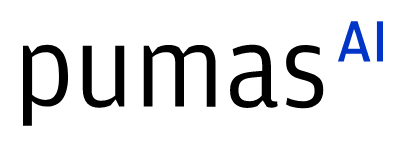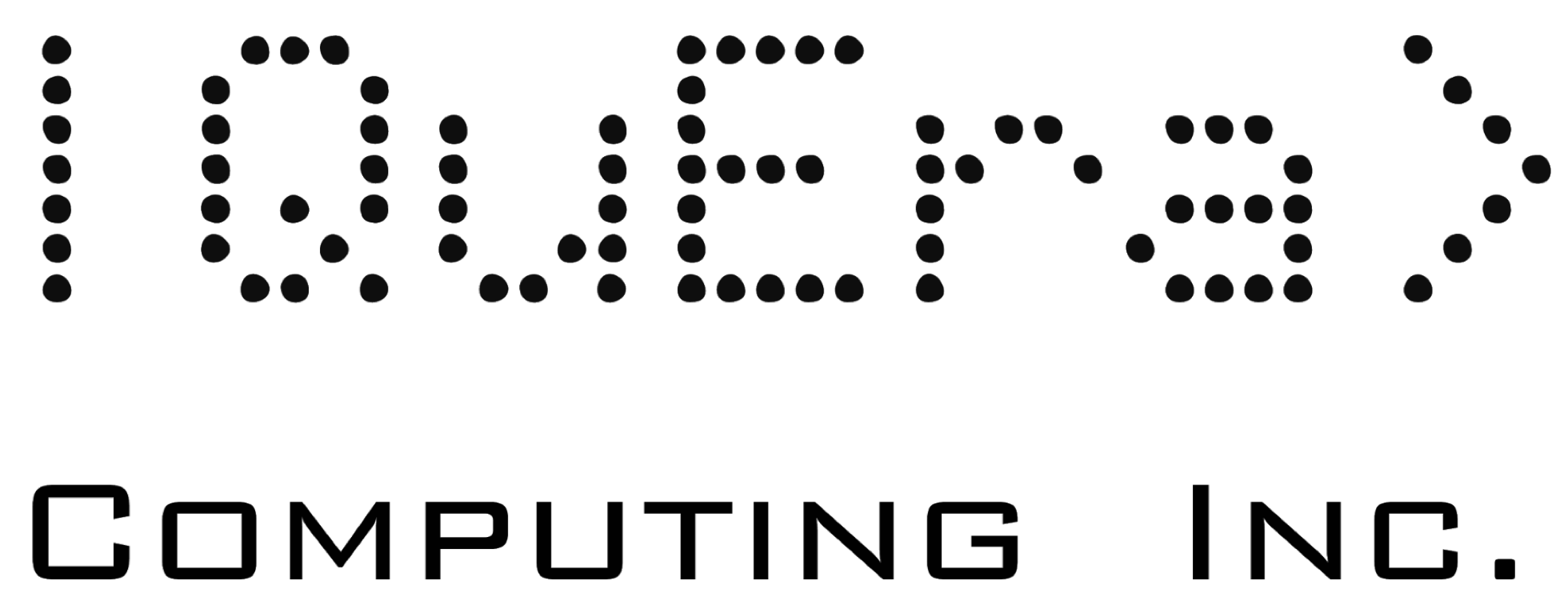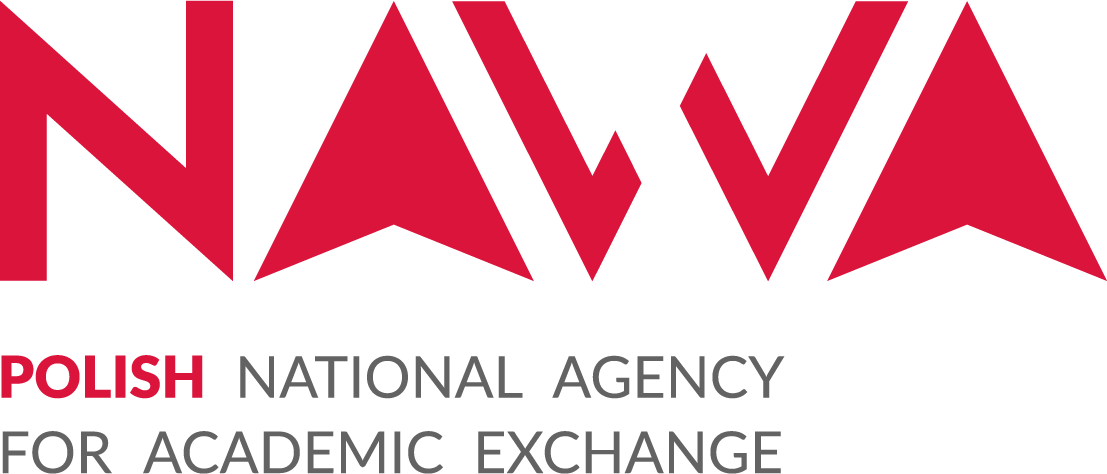Julia Systems Biology (2)
Abstract:
Julia has had the most developed ecosystem for differential equation modeling in simulation through the SciML organization for a while. Here we present a collection of talks by computational systems biologists in the community. The focus of the symposium will be to look at how SciML tools are being used in systems biology, how they can improve, and how we can take steps to increase collaboration throughout industry and academia.
Description:
Julia SciML is a collection of hundreds of scientific computing packages for the Julia programming language. Historically, SciML began as a group of fast ordinary differential equation (ODE) solvers. However, in the last half a decade, SciML has grown to include an extensive collection of packages geared toward modern scientific computing, with its own Computer Algebra System (CAS) and Domain Specific Language (DSL), the ability for heterogeneous computing (e.g., running code on GPUs), and seamless connection to machine learning packages.
Julia SysBio community has significantly benefited from the SciML ecosystem. One of the first efforts to make SciML usable to the SysBio community was to provide importers and bridging packages (e.g., CellMLToolkit.jl, SBMLToolkit.jl) that allow for standard and well-curated models in open-source repositories (CellML, SBML) to be imported and used by the SciML packages. CellML models are generally in the form of ODE and are usually solved with the help of ODE and partial differential equation (PDE) solvers. On the other hand, SBML models are usually presented as reaction networks and are better suited to Catalyst.jl.
With the maturation of the SciML infrastructure and the availability of bridging packages between the biological models and the SciML ecosystem, it is time for applications! In this mini-symposium, we showcase some recent applications of SciML in SysBio in academia and industry.
In addition to presenting various applications, our plan is to have a forum to provide feedbacks from the community to the core SciML developers in order to guide the future development of SciML and related packages to make Julia and SciML the best environment for SysBio applications.
Presenters:
-
Alex Cohen will be presenting on techniques for learning physically-constrained models in mode space to characterize the locomotion and behavioral states of animals that use undulatory locomotion.
-
Shahriar Iravanian will be presenting simulating cardiac electrophysiological ionic models as 2D/3D PDEs with the help of Julia and SciML and showcase the power of composition in Julia by using dual complex numbers in CUDA kernels to solve a biological problem (calculating the membrane impedance of cardiac cells).
-
Torsten Schenkel/Harry Saxton will be presenting lumped parameter models We introduce CirculatorySystemModels.jl (CSM), an acausal model library built on ModelingToolkit.jl, containing a wide range of cardiovascular elements for creating complex models. CSM provides a common API, with automatic generation of ODEs meaning every 0D model can be solved with the same workflow, allowing for full integration with the SciML framework.
-
Katy Norman (Sanofi) will be presenting how Julia and SciML tools are used in QSP modeling teams at Sanofi.
-
Otto Ritter (Merck) will be presenting how Julia, Applied Category Theory, and SciML tools are used in QSP modeling teams at Merck with ReactiveDynamics.jl.
-
Sam Isaacson will be discussing high level progression of the systems biology ecosystem in Julia, providing important context on future steps and ways that the community can improve and collaborate.
-
Don Elbert will be presenting on variable volume models and his experience as a SciML user. This will provide important context on pain points for adoption and what we can do to make Julia the primary choice for modeling and simulation of biology.
-
Wiktor Phillips will be presenting his acausal neuronal modeling and simulation package, Conductor.jl.
-
Joe Bender (United Therapeutics) will be presenting how Julia and SciML tools are used in QSP modeling teams at United Therapeutics.
-
Torkel Loman will be presenting Catalyst.jl and how chemical reaction networks are simulated in Julia.
Platinum sponsors

Gold sponsors

Silver sponsors




Bronze sponsors

Academic partners

Local partners

Fiscal Sponsor
